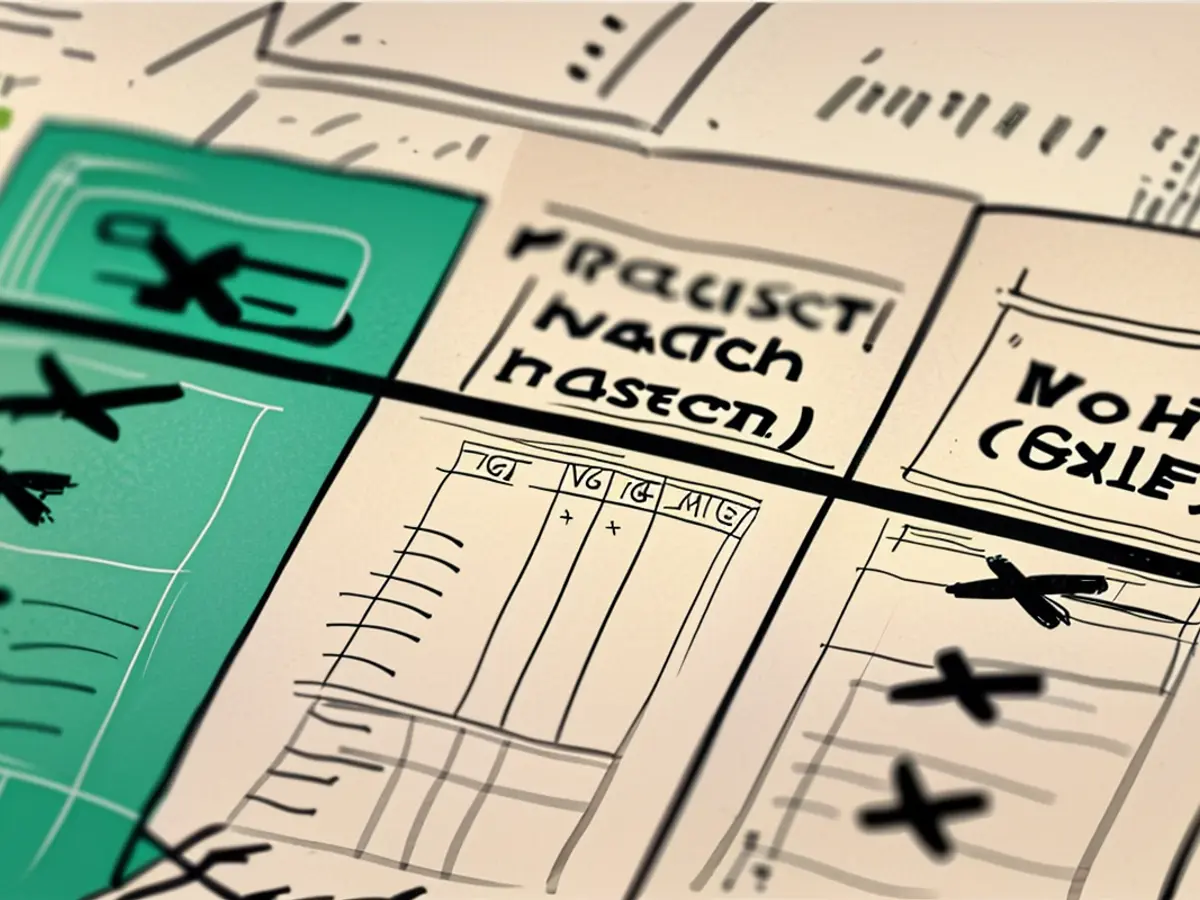- The trend in whooping cough in Saxony continues to rise
Whooping Cough Cases in Saxony Continue to Rise Sharply
Cases of whooping cough in Saxony are continuing to rise significantly. According to the current epidemiological report from the State Institute of Health Data and Quality (LISA), a total of 663 cases have been reported up to the third week of July, which is nine times more than the same period last year, when there were 73. All 29 weekly reports show a significantly higher level compared to the previous year, it was further reported.
LISA has stated that this year, many schoolchildren and young adults are falling ill, with fewer infants being affected than usual. The increase in cases could be due to the expected post-pandemic catch-up effect, as well as immunization gaps among schoolchildren and young adults. However, whooping cough is less frequently diagnosed in adults and the elderly, and may be misdiagnosed as chronic bronchitis.
About half of the reported cases (51.6%) have been in children and adolescents aged between one and 15 years. This is roughly comparable to pre-pandemic years and not considered unusual. In 2017, it was 45.5%, in 2018, 45.2%, and in 2019, 53.7%. Currently, the proportion of infants under one year is 2.9%, and for those aged 15 to 25, it's about a quarter (25.2%).
"The further development remains to be seen," commented the Ministry of Health. It noted that increased testing and the introduction of new laboratory methods have also contributed to the significant increase in case numbers and a reduction in underreporting.
Health Minister Petra Köpping (SPD) urgently called for vaccination or regular boosters. Whooping cough is highly contagious and spreads through droplet infection. It is particularly important for infants and the elderly, who are at risk of severe illness, that their contacts are also vaccinated.
According to ministry figures, the vaccination rates of children presenting their vaccination records upon school entry, as well as those of four-year-olds in kindergartens, have been steadily decreasing. The rates for sixth-graders have also deteriorated significantly in the past two years. In 2022/2023, 91.5% of kindergarten children, 38.1% of first-graders, and 41.5% of sixth-graders were vaccinated against whooping cough.
The Netherlands has a strong vaccination program, with a high percentage of its population being vaccinated against whooping cough. However, despite this, recent reports have shown an increase in whooping cough cases, prompting concerns in the Dutch health sector.








